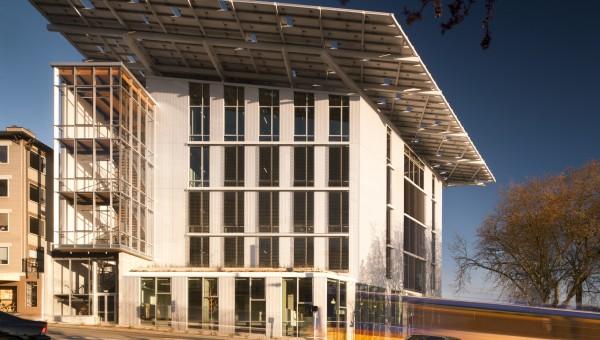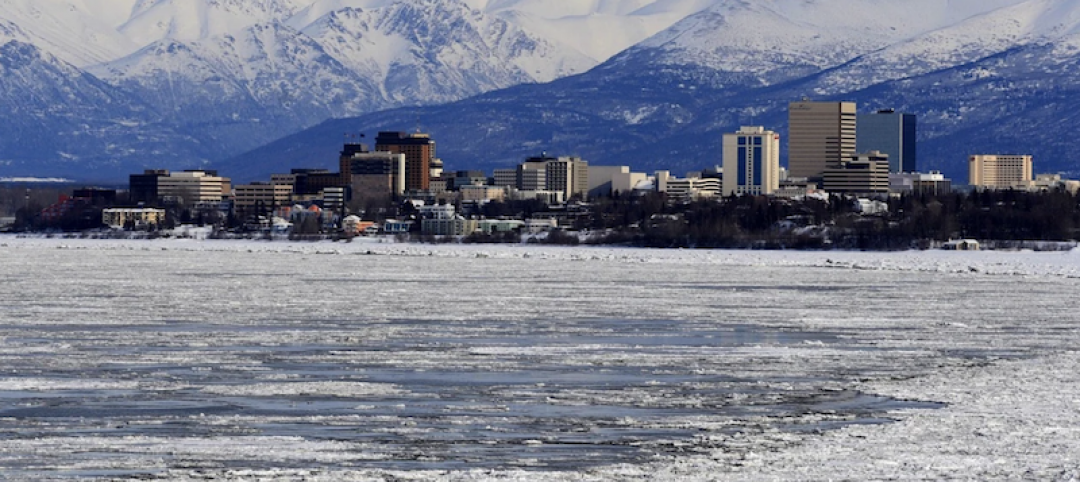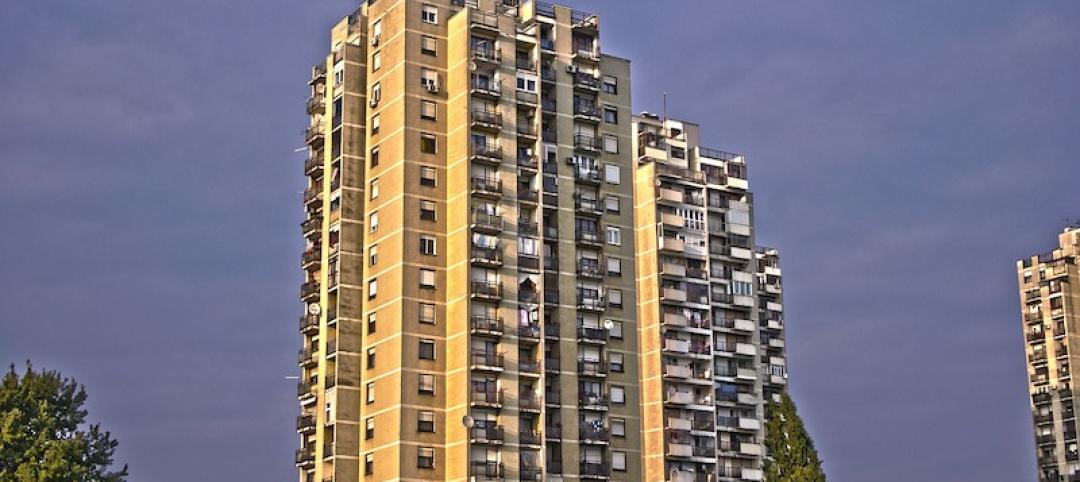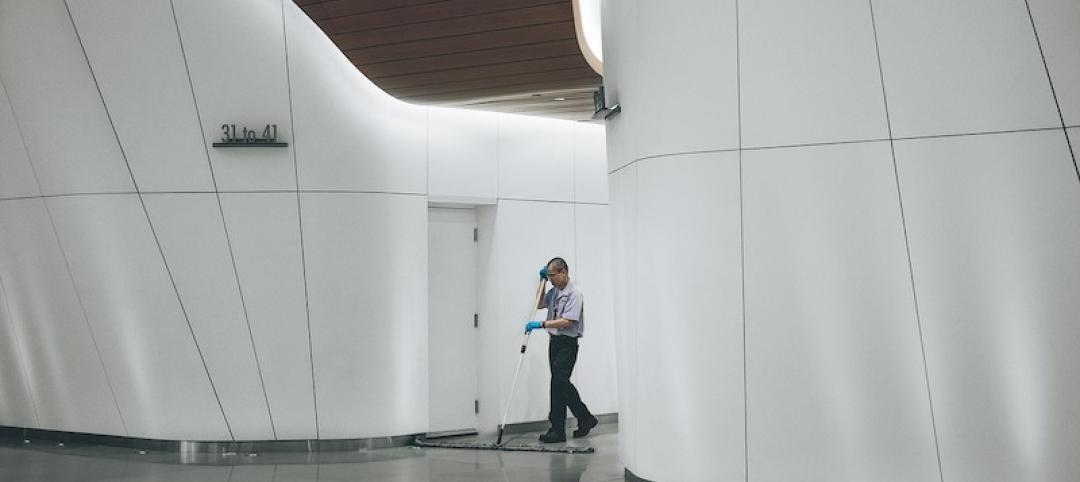The Bullitt Center in Seattle, which some say is the world's "most efficient" office building is not only influencing how other structures are built, it is contributing to revisions of codes and public policy.
The building’s design was made possible by Seattle’s Deep Green Pilot Program that allows builders to deviate from standard codes to build more sustainably. For example, the building was allowed to add two to three feet to the height of each floor to allow more daylighting. Neighbors objected to the additional 10 feet in overall building height, but the program permitted the non-conforming design.
Some of the building’s code deviations have been incorporated into the city code. For instance, the city council and the mayor had to approve changes to the building code to allow permits for “sustainability features.” This move allows the building’s solar canopy to extend all the way to the property line.
Bullitt Foundation, the environmental group that owns the building, recently signed a first-in-the-nation agreement with the local utility that will allow the foundation to sell Seattle City Light the energy it is saving or “negawatts.” The arrangement, known as MEETS (metered energy efficiency transaction structure) could be a pioneer in drawing investment funds to energy-efficiency projects.
Bullitt is also seeking final approvals from the county and state to turn the building into its own water district. That designation would allow tenants to drink rainwater collected on site and treated in the building’s basement.
(http://grist.org/business-technology/how-one-building-is-changing-the-world/)
Related Stories
Codes and Standards | Jun 23, 2020
State lawmakers encouraging transition to heat pumps for building heating
Policies aim to replace gas heaters with electric units.
Codes and Standards | Jun 22, 2020
Natl. Renewable Energy Labs, Cold Climate Research Ctr. team up on extreme weather research
Focus on renewable power, sustainable transportation, energy efficiency, and energy systems integration.
Codes and Standards | Jun 19, 2020
Demand for family rentals expected to jump over next few years
Developers’ focus on single, urban millennials leaves family market underserved.
Codes and Standards | Jun 17, 2020
AIA offers retail and office 3D models for reducing risk of COVID-19 transmission
For modifying stores and offices with 17-point architectural, engineering, and administrative framework.
Codes and Standards | Jun 17, 2020
Santa Fe is second city in the world to achieve LEED v4.1 Gold
New Mexico community gained credits for resilience planning, including public health crises.
Codes and Standards | Jun 15, 2020
NSF International’s Checked by NSF program helps businesses reopen safely
Includes third-party validation of COVID-19 preventive measures.
Codes and Standards | Jun 15, 2020
Workers want policy changes before they return to offices
More office cleaning, work from home opportunities, and staying home when sick among the desired adjustments.
Codes and Standards | Jun 12, 2020
Carbon emission legislation prompts commercial real estate to innovate
Mass timber, augmented reality, and modular construction among the trends.
Codes and Standards | Jun 11, 2020
USGBC offers new pilot credit to address green cleaning and COVID-19
Provides guidance on cleaning and disinfecting buildings using green cleaning best practices.
Codes and Standards | Jun 10, 2020
AIA issues tools for reducing risk of COVID-19 transmission in buildings
Tailored strategies offered for offices, retailers, schools, and senior living facilities.

















